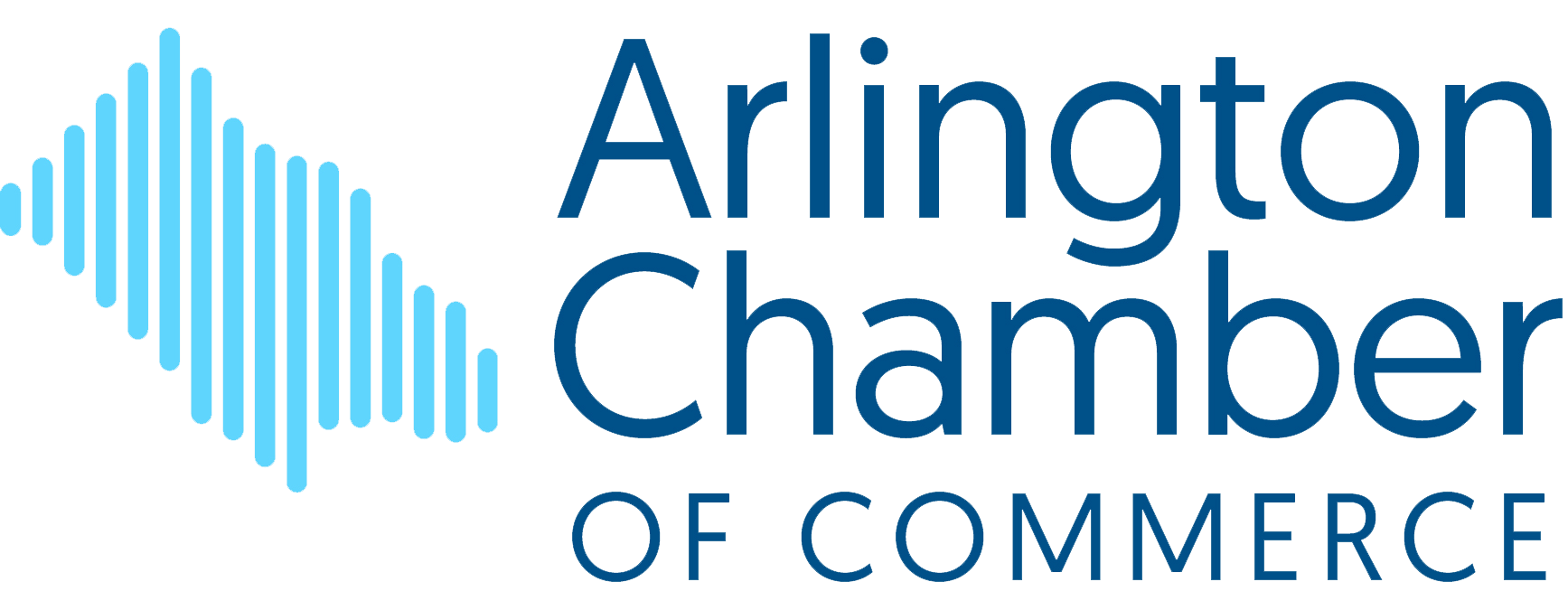
We all face unprecedented uncertainty right now, with limited control over many factors influencing our business and personal lives. Psychologically, worry and anxiety flourish during uncertain times. In an attempt to resolve the tension of not knowing, our minds get stuck in a loop of repetitive thinking, often going down the rabbit hole of worsening “what if” scenarios. This process of filling up the gaps of uncertainty with potential negative outcomes, often called “catastrophizing,” leaves us feeling anxious, unmotivated, and pessimistic.

Worry is often accompanied by feeling anxious, which most of us recognize when our heart rate quickens, muscles tighten, our throats dry out, and we begin sweating and having stomach distress. Both short-term and long-term CBT approaches can successfully ameliorate anxiety. For example, “diaphragmatic breathing” is a relaxation technique that quickly reduces the feelings of anxiety. And learning how to tolerate and stop resisting your anxious thoughts, feelings, and physical sensations is one of the most effective ways to conquer anxiety over the long haul.
With your anxiety and worry held in check, you can concentrate on becoming nimble so you can respond productively to the continuously changing “new normal.” Strategies that are proven to increase adaptability include clarifying your values so you can pursue a chosen direction even if you have to pivot to different goals, relinquishing perfectionism, monitoring and seeking frequent feedback, and “failing fast.”
An approach often used by successful entrepreneurs, called “effectuation,” is particularly well-suited for these uncertain times. Instead of starting from your desired outcome and building your business plan, processes and operations to target that, effectuation calls for starting from what you have and whom you already know. Follow a general direction, informed by your values, as you experiment with implementation – akin to a jazz musician improvising around a theme.
Learning how to recognize and address worry and anxiety can help you focus on the flexibility you’ll need to survive and thrive in this challenging business environment. And what you learn now can serve you well, no matter what the future holds.


 RSS Feed
RSS Feed
